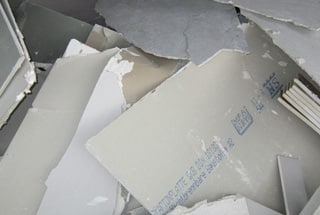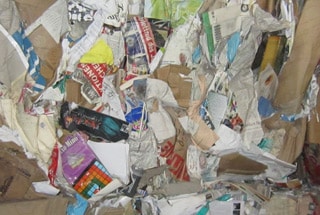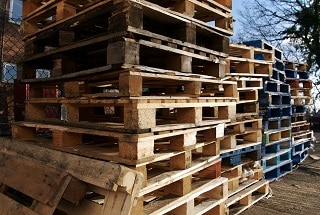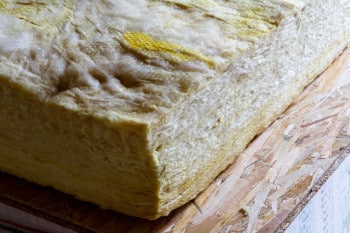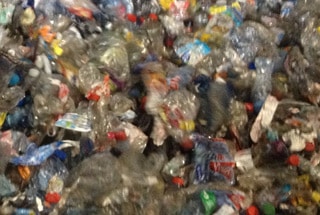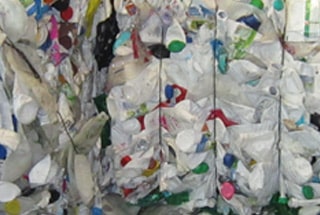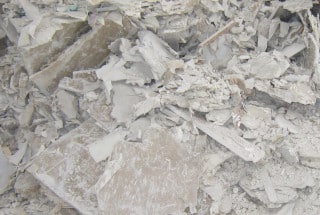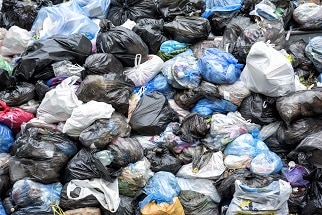The importance of recycling glass wool, both environmentally and financially, has grown significantly in recent years. As industries face increasing pressure to minimise waste, comply with environmental regulations, and adopt sustainable practices, efficient recycling becomes a key factor. Glass wool, a commonly used insulation material, presents a unique challenge in this regard, but also offers significant economic advantages when recycled properly.
Importance of Recycling Glass Wool for environmental and Financial Benefits
Recycling glass wool is not only crucial for reducing environmental impact but also for cutting costs associated with production and waste disposal. Glass wool, being a fibrous insulating material, is often discarded when buildings are demolished or renovated. If left unrecycled, this material can contribute to increasing landfill waste, which carries both financial and environmental consequences. Efficient recycling of glass wool reduces the volume of waste sent to landfills, conserves raw materials, and lowers carbon emissions, contributing to a greener economy.
The Economic Impact of Inefficient Glass Wool Recycling
Inefficient glass wool recycling can lead to significant economic drawbacks. Industries that fail to recycle glass wool effectively face increased disposal costs and higher raw material expenses. The costs of sending glass wool to landfills are substantial due to rising depository fees and stricter regulations. Additionally, companies might encounter fines or penalties for failing to comply with environmental laws, further driving up operational costs.
- Costs associated with disposing of glass wool in landfills: The depository fees for landfill waste, which are present in all European countries, can greatly increase the financial burden on companies. Glass wool, due to its bulky nature, occupies substantial space in landfills, resulting in higher costs.
- Potential fines and penalties: With environmental regulations becoming more stringent, businesses that do not recycle glass wool properly risk fines for non-compliance, adding to their financial obligations.
- Expenses related to the purchase of new raw materials: Inefficient recycling also means missing out on the opportunity to reuse materials, thereby increasing the need to purchase new raw materials. This not only adds to production costs but also increases environmental strain through the extraction and processing of virgin materials.
Benefits of Efficient Glass Wool Recycling
On the other hand, businesses that embrace efficient recycling practices can benefit from significant cost savings.
- Cost savings from reduced landfill use and avoidance of depository fees: Efficient recycling means less material sent to landfills, leading to lower depository fees and avoiding the additional costs of waste management.
- Financial benefits from reclaiming and reusing glass wool: Recycled glass wool can be reused in various ways, from creating new insulation products to other industrial applications. This reclamation reduces the need for purchasing new materials, resulting in direct cost savings.
- Reduction in the purchase of new raw materials: By recycling glass wool, businesses reduce their dependency on new raw materials, lowering overall production costs and contributing to more sustainable operations.
Our Unique Solutions for Glass Wool Recycling
At ACA, we offer cutting-edge solutions for the efficient recycling of glass wool. Our custom-made crushers are specifically designed to handle the challenges of glass wool recycling, ensuring minimal waste and optimal material recovery.
- Description of our custom-made crushers and their role in efficient recycling: Our crushers are engineered to reduce the volume of glass wool effectively. This not only aids in recycling but also ensures that the material is compacted, reducing transportation costs and the overall environmental footprint.
- Key features of our equipment that enhance recycling processes:
- Specially designed hoppers: Our hoppers are built to handle large material intake, allowing for efficient processing of bulk glass wool without the need for pre-processing.
- Minimal wear and tear: The unique crushing mechanism of our machines ensures that material is broken down through a material-to-material process, which drastically reduces wear and tear on the machinery, leading to longer operational lifespans.
- Low noise levels: Our equipment operates at noise levels as low as 75 dB, creating a safer and more pleasant working environment for employees.
- Electric operation contributing to CO2 reduction: As part of our commitment to sustainability, all of our machines are electrically powered, further reducing CO2 emissions and supporting compliance with green regulations.
Environmental Benefits of Recycling Glass Wool
Beyond the economic advantages, recycling glass wool offers substantial environmental benefits. These include a significant reduction in CO2 emissions and waste, making recycling an integral part of the circular economy.
- Reduction in CO2 emissions: By using electric machinery and minimising the need for new raw materials, we significantly reduce the CO2 emissions associated with production and waste management.
- Decreased environmental footprint by reducing waste sent to landfills: Recycling glass wool decreases the volume of waste in landfills, which in turn reduces the environmental impact of land disposal sites.
- Contribution to the circular economy by repurposing glass wool: Through our recycling solutions, businesses can reintroduce glass wool into the production cycle, supporting the circular economy and reducing reliance on finite resources.
Future Outlook and Our Commitment to Sustainability
As regulations evolve and businesses increasingly prioritise sustainability, the demand for efficient recycling solutions will continue to rise. ACA is at the forefront of this movement, continually innovating to meet the needs of the recycling industry. We are committed to improving our technologies to adapt to new regulations and market demands, ensuring that our clients remain compliant and competitive.
- Trends in the recycling industry and how we are leading the way: With sustainability becoming a global priority, ACA’s focus on developing electric-powered, efficient recycling machinery positions us as leaders in the recycling industry. Our solutions not only address current needs but are also designed to meet future environmental standards.
- Long-term benefits for companies investing in sustainable recycling solutions: By investing in ACA’s technology, businesses can reduce operational costs, avoid fines, and contribute to a greener future. The long-term savings from efficient recycling, combined with regulatory compliance, make this a financially sound and responsible investment.
Final Thoughts
In conclusion, efficient glass wool recycling provides substantial economic and environmental benefits. With ACA’s innovative machinery, businesses can achieve significant cost savings, comply with environmental regulations, and contribute to a more sustainable future. Investing in our technology not only helps companies reduce waste but also supports the long-term viability of their operations, ensuring success in an increasingly regulated and environmentally conscious market.


